The Harmonic Series: Infinite Growth and Mathematical Impact
The harmonic series is an infinite series formed by the sum of the reciprocals of natural numbers: \(1 + \frac{1}{2} + \frac{1}{3} + \frac{1}{4} + \ldots\). Although each term becomes progressively smaller, the series diverges, meaning it grows indefinitely without reaching a finite limit. This surprising result is crucial in mathematical analysis and has applications in fields like physics and signal processing.
[include_netrun_products_block from-products="product/6-south-carolina-sc-ready-grade-3-math-practice-tests/" product-list-class="bundle-products float-left" product-item-class="float-left" product-item-image-container-class="p-0 float-left" product-item-image-container-size="col-2" product-item-image-container-custom-style="" product-item-container-size="" product-item-add-to-cart-class="btn-accent btn-purchase-ajax" product-item-button-custom-url="{{url}}/?ajax-add-to-cart={{id}}" product-item-button-custom-url-if-not-salable="{{productUrl}} product-item-container-class="" product-item-element-order="image,title,purchase,price" product-item-title-size="" product-item-title-wrapper-size="col-10" product-item-title-tag="h3" product-item-title-class="mt-0" product-item-title-wrapper-class="float-left pr-0" product-item-price-size="" product-item-purchase-size="" product-item-purchase-wrapper-size="" product-item-price-wrapper-class="pr-0 float-left" product-item-price-wrapper-size="col-10" product-item-read-more-text="" product-item-add-to-cart-text="" product-item-add-to-cart-custom-attribute="title='Purchase this book with single click'" product-item-thumbnail-size="290-380" show-details="false" show-excerpt="false" paginate="false" lazy-load="true"] [include_netrun_products_block from-products="product/6-south-carolina-sc-ready-grade-3-math-practice-tests/" product-list-class="bundle-products float-left" product-item-class="float-left" product-item-image-container-class="p-0 float-left" product-item-image-container-size="col-2" product-item-image-container-custom-style="" product-item-container-size="" product-item-add-to-cart-class="btn-accent btn-purchase-ajax" product-item-button-custom-url="{{url}}/?ajax-add-to-cart={{id}}" product-item-button-custom-url-if-not-salable="{{productUrl}} product-item-container-class="" product-item-element-order="image,title,purchase,price" product-item-title-size="" product-item-title-wrapper-size="col-10" product-item-title-tag="h3" product-item-title-class="mt-0" product-item-title-wrapper-class="float-left pr-0" product-item-price-size="" product-item-purchase-size="" product-item-purchase-wrapper-size="" product-item-price-wrapper-class="pr-0 float-left" product-item-price-wrapper-size="col-10" product-item-read-more-text="" product-item-add-to-cart-text="" product-item-add-to-cart-custom-attribute="title='Purchase this book with single click'" product-item-thumbnail-size="290-380" show-details="false" show-excerpt="false" paginate="false" lazy-load="true"]
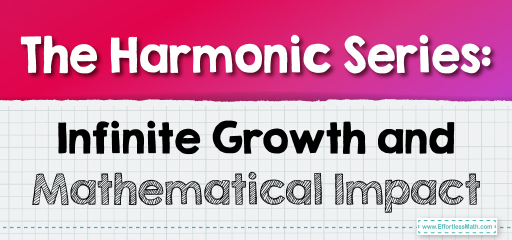
The harmonic series is an infinite series defined as \( 1 + \frac{1}{2} + \frac{1}{3} + \frac{1}{4} + \ldots \), representing the sum of reciprocals of natural numbers. Despite each term decreasing in size, the harmonic series diverges, meaning it grows indefinitely rather than converging to a finite limit. This surprising result can be proven through various methods, such as the comparison test with an integral or by grouping terms to show gradual growth beyond any finite bound. In applications, the harmonic series appears in contexts like electrical engineering, signal processing, and probability theory. Its divergence highlights the mathematical peculiarity that even slow-growing terms, when summed infinitely, can accumulate without limit, offering insights into the behavior of other infinite series and their uses across science and engineering.
Consider the harmonic series:
\([
1 + \frac{1}{2} + \frac{1}{3} + \frac{1}{4} + \ldots
]\)
We can show its divergence using a comparison. Group terms are as follows:
\([
1 + \left( \frac{1}{2} \right) + \left( \frac{1}{3} + \frac{1}{4} \right) + \left( \frac{1}{5} + \frac{1}{6} + \frac{1}{7} + \frac{1}{8} \right) + \ldots
]\)
Each group adds up to more than \( \frac{1}{2} \). Since there are infinitely many groups, the sum grows without bound, proving the harmonic series diverges.
Frequently Asked Questions
How do you divide fractions?
Dividing fractions might seem tricky, but it follows a simple rule: multiply by the reciprocal. To divide by a fraction, you simply multiply by its inverse. For example, to divide \( \frac{2}{3} \) by \( \frac{4}{5} \), you multiply \( \frac{2}{3} \) by the reciprocal of \( \frac{4}{5} \), which is \( \frac{5}{4} \). Thus, \( \frac{2}{3} \div \frac{4}{5} = \frac{2}{3} \times \frac{5}{4} = \frac{10}{12} \) which can be simplified to \( \frac{5}{6} \). This principle of using the reciprocal demonstrates how altering the operation and the numbers can lead to solving complex problems, similar to how understanding the diverging nature of the harmonic series in mathematical analysis can explain phenomena in physics and other fields.
How do you add and subtract mixed fractions?
Adding and subtracting mixed fractions involves a few steps that are easy to follow. First, ensure that the fractions have a common denominator, just like when you find a common frequency or period in harmonic series applications. If they don’t, convert them so they do. Next, add or subtract the numerators while keeping this common denominator. Finally, if you’re working with mixed numbers, add or subtract the whole number parts separately. For simplifying or converting between improper fractions and mixed numbers, remember to simplify the fraction part if possible. This straightforward approach helps keep math manageable and understandable, just like breaking down complex series into simpler terms.
How do you add and subtract decimals?
Adding and subtracting decimals requires careful alignment of the numbers based on their decimal points. Ensure each number is written so that the decimal points line up vertically; this may involve adding zeros to the end of some numbers to keep the columns straight. Once aligned, you can add or subtract as you would with whole numbers, moving from right to left. This precise alignment and calculation are similar to understanding patterns in mathematical series, such as the harmonic series, where attention to detail in every step ensures accurate results.
Related to This Article
More math articles
- FREE 3rd Grade SBAC Math Practice Test
- Is ALEKS a Good Mathematics Program?
- Sandy Savings: A Guide to How to Calculate Sales Tax on Your Beach Vacation
- How to Find Function Values from the Calculator
- How to Solve Word Problems of Absolute Value and Integers?
- How to Decode Decimal Division: Patterns Across Rising Place Values
- 4th Grade PACE Math Worksheets: FREE & Printable
- How to Solve Theoretical Probability?
- 4th Grade FSA Math Practice Test Questions
- Balancing Math Assignments and Academic Papers: Tips for Busy Students

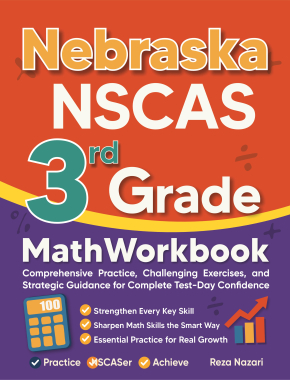

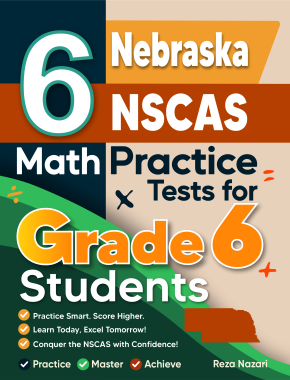

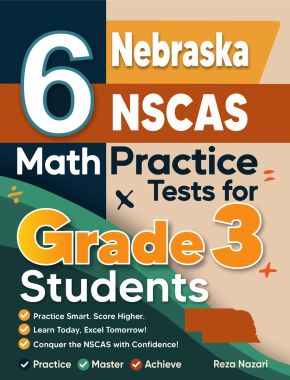
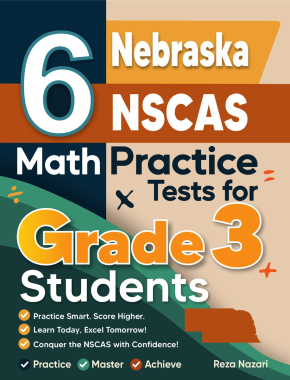
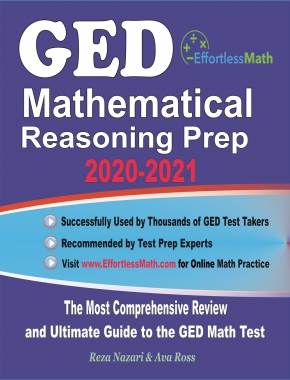
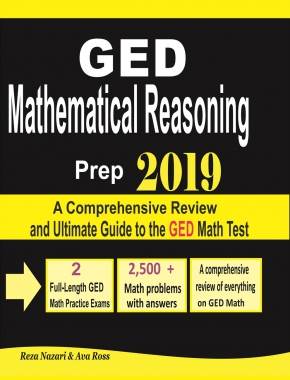










What people say about "The Harmonic Series: Infinite Growth and Mathematical Impact - Effortless Math: We Help Students Learn to LOVE Mathematics"?
No one replied yet.